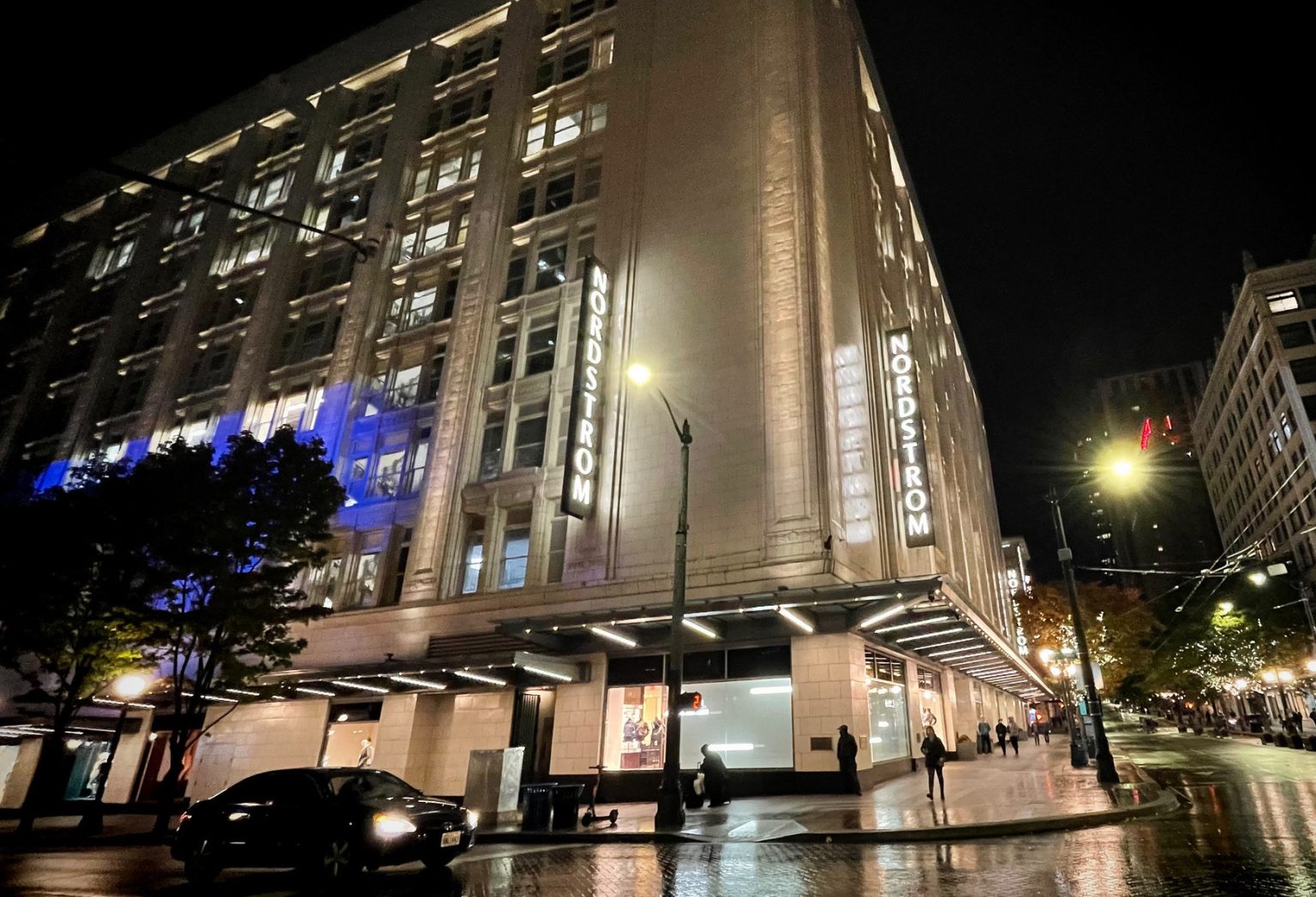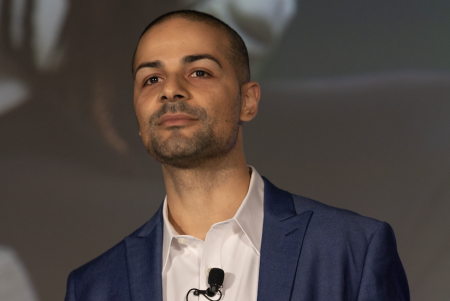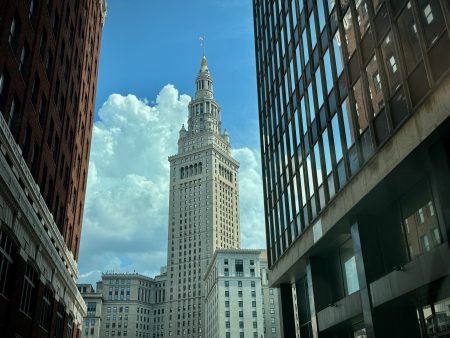A Century-Old Retail Icon Embraces a New Chapter: Nordstrom Goes Private in a $6.25 Billion Deal
Nordstrom, the Seattle-based retail giant with a history spanning over a century, is poised to embark on a new chapter as it transitions from a publicly traded company to private ownership. This momentous shift is the result of a meticulously crafted agreement between members of the Nordstrom family, who have long been synonymous with the brand, and El Puerto de Liverpool, a prominent Mexican retail powerhouse. The all-cash transaction, valued at an impressive $6.25 billion, marks a significant turning point for the iconic retailer, promising a renewed focus on long-term growth and strategic evolution in the ever-changing landscape of modern commerce.
The acquisition, announced on Monday, values each share of Nordstrom common stock at $24.25, representing a substantial 42% premium over the closing price on March 18th, the day before media speculation regarding a potential deal began to circulate. This premium underscores the confidence of both the Nordstrom family and Liverpool in the future potential of the brand. The ownership structure of the newly privatized Nordstrom will reflect a strategic partnership, with the Nordstrom family retaining majority ownership at 50.1% and Liverpool holding the remaining 49.9%. This balanced approach ensures both the preservation of the Nordstrom legacy and the infusion of fresh perspectives and resources from a successful international retail player.
The Nordstrom Board of Directors unanimously endorsed the proposed transaction, solidifying the collective belief in the strategic merits of the move. Notably, Erik and Pete Nordstrom, members of the family spearheading the acquisition, recused themselves from the board vote to maintain impartiality and transparency throughout the process. Erik Nordstrom, CEO of the company, expressed his enthusiasm for the new chapter, emphasizing the company’s enduring commitment to customer satisfaction and its anticipation of continued growth and prosperity under the new ownership structure. This transition represents a significant step towards strengthening the company’s foundations and adapting to the evolving dynamics of the retail industry.
Founded in 1901 as a humble shoe store, Nordstrom has evolved into a multifaceted retail empire, offering a diverse array of clothing, accessories, and other merchandise through its more than 350 physical locations, encompassing Nordstrom, Nordstrom Local, and Nordstrom Rack stores, as well as its robust online presence via websites and mobile applications. The company’s journey has been one of continuous adaptation and innovation, navigating the shifting tides of consumer preferences and the rise of e-commerce. This latest move towards privatization reflects a strategic recalibration, positioning Nordstrom for sustained success in the years to come.
Nordstrom’s path has not been without its challenges. In recent years, the company has grappled with the evolving retail landscape, marked by the rise of online competitors, particularly e-commerce behemoths like Amazon. To remain competitive, Nordstrom has embraced an omnichannel strategy, seamlessly integrating its physical and digital retail operations by leveraging real-time inventory management and unified customer experiences. While digital sales peaked at 55% of total sales in 2020, driven by the exigencies of the pandemic, they have since stabilized at 36% in 2023, reflecting a more balanced approach between online and in-store shopping.
Nordstrom’s commitment to innovation and customer-centricity is further exemplified by its recent initiatives, including the launch of a new digital marketplace designed to expand product offerings and cater to a wider range of customer preferences. This strategic move aligns with the company’s ongoing efforts to enhance its digital presence and provide a more comprehensive and personalized shopping experience. Additionally, the company’s decision to consolidate its corporate offices in Seattle, while closing offices in Los Angeles and Chicago, reflects a focus on streamlining operations and fostering closer collaboration within the organization.
The partnership with El Puerto de Liverpool brings a new dimension to Nordstrom’s strategic horizon. Liverpool, a well-established retail player in Mexico, operates two additional department store chains, Liverpool and Suburbia, and owns a network of 29 shopping centers across the country. This alliance offers Nordstrom access to new markets and a wealth of experience in managing diverse retail formats. The transaction is anticipated to close in the first half of 2025, marking the official commencement of this new chapter in Nordstrom’s storied history. This collaboration promises a synergistic blend of expertise and resources, positioning Nordstrom for continued growth and innovation in the dynamic global retail arena.














